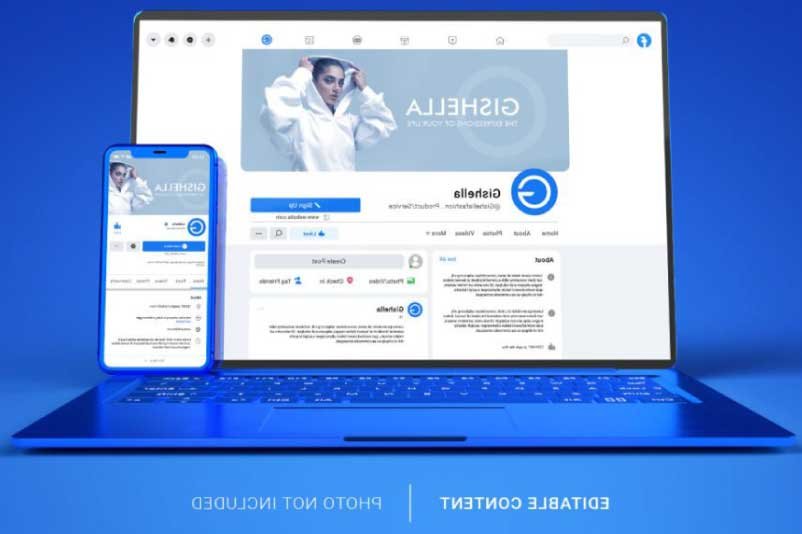
Why have a blog on a website: 5 essential reasons

A blog is necessary for your website, these are the reasons:
In the vast and competitive world of digital marketing, the question arises as to the true usefulness of a blog on a website. If you have an online presence, whether to sell products or promote services, it is essential to understand the key relationship between a well-managed blog and the success of your platform in the digital world.
We’ll explore in depth five reasons why incorporating a blog can transform your digital marketing strategy and boost your online presence.
1. Create community: The basis for digital success
Managing social media is a common practice for building community around your brand. However, extending this strategy to your website, through a blog, can have even greater benefits. Generating content that focuses on the image of your company or business humanizes the brand through articles that address relevant topics for users on the web.
A well-managed blog uses clear and inclusive language, encouraging interaction through comments.
The main purpose of a blog is to inform and receive feedback on published articles. Timeliness, common interest and consistency in posting are key factors for growth and building a loyal audience. Frequency and relevance of posts are also critical to maintaining user interest and fostering an active community.
2. Increase traffic to your web site
The blog, by offering valuable and relevant content, acts as a magnet for visitors. A user satisfied with the information found on your blog will be a user who will return more frequently to your website to explore more content and check out what’s new. Offering quality content is crucial to keep users interested and engaged.
Creating a blog can become the cornerstone of establishing a strong community of subscribers. As visits to your blog increase, the possibility of building a base of engaged followers also grows. This steady stream of visitors not only enhances your website’s reputation with search engines, but also contributes to the organic growth of your online presence.

3. Your brand will be seen as an expert in the sector
Blogging is not only a tool to build community and increase traffic; it is also a platform to demonstrate your brand’s industry expertise. Publishing articles that are directly related to your products or services shows not only knowledge, but also a genuine commitment to the interests and needs of your users.
Let’s say your business is related to an auto shop. In that case, your blog can be a space to share knowledge about basic mechanics, provide useful tips to car owners and address topics related to the automotive world. This strategic approach not only enhances your brand’s image, but also positions it as a benchmark in the industry.
4. Improve your search engine positioning: The key to visibility
Search engine optimization (SEO) is a critical aspect of online visibility. Although competition on the web is fierce, a well-managed blog can make all the difference. Constant updating with quality content causes search engines to scan your website on a regular basis for fresh information.
Regular and consistent publication of articles not only keeps your website relevant to search engines, but also demonstrates your commitment to providing up-to-date and valuable information to your users. Quality content is critical; search engines prioritize relevant and useful information, which can result in better ranking and visibility in search results.

5. Convert visitors into leads: From exploration to conversion.
Blogging not only attracts traffic, but is also an effective tool for converting visitors into leads. Well-structured, action-oriented articles can lead users to convert naturally. The strategic inclusion of calls to action (CTAs) within articles can motivate visitors to explore more content, generate interest in your products or services, and ultimately convert into customers.
Blog articles can function as an avenue to answer specific questions users may have about your products or services. These articles, when created and managed effectively, can establish your brand as the source of trust and authority in your industry.
CONCLUSION
Having a blog on your website is a comprehensive strategy that goes beyond simply publishing content. It requires a strategic approach that combines community building, increasing traffic, demonstrating expertise, improving SEO and effectively converting visitors into leads.




